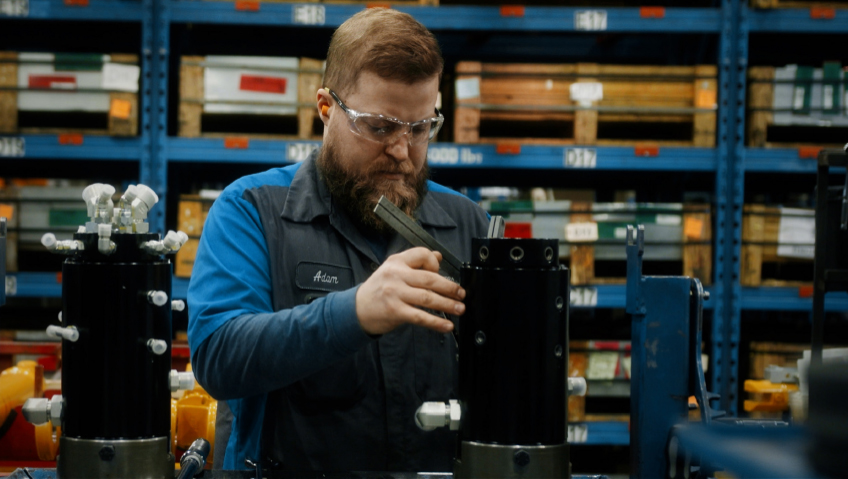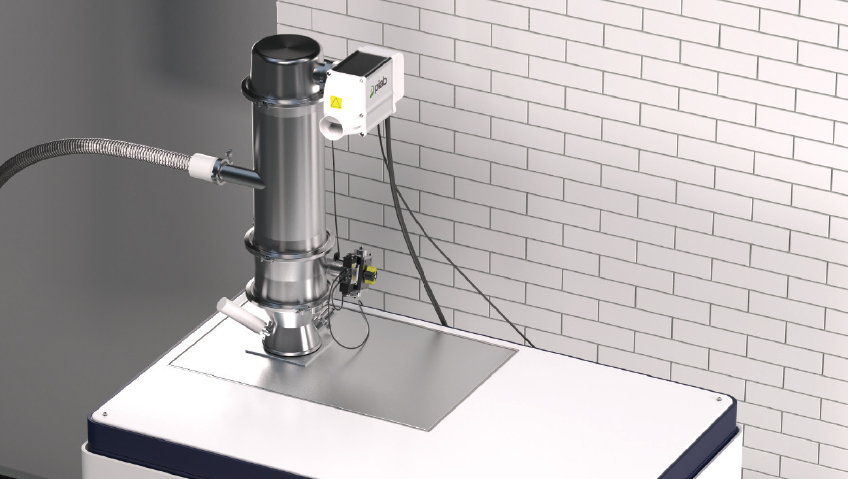“Why is culture so important to a business? Here is a simple way to frame it. The stronger the culture, the less corporate process a company needs. When the culture is strong, you can trust everyone to do the right thing.” – Brian Chesky, co-founder and CEO of Airbnb, for Medium.com on Apr 20, 2014.
Most people understand the definition of culture in the broadest sense of its term. But when one speaks about positive company culture, that definition can take on a whole spectrum of meaning. A company’s culture encompasses its philosophies, values and practices which in turn affirm a company’s social and psychological environment.
A thirteen-month survey of over 1,400 North American CEOs and CFOs discovered that at least ninety percent believed that culture was a crucial component of their business. The study was conducted by an accounting professor at Columbia Business School, Shiva Rajgopal, and three finance professors from Duke University’s Fuqua School of Business and completed in October 2015.
Small and medium-sized enterprises (SMEs) in the manufacturing industry start their businesses with innate beliefs and values. The foundation of any SME has to be affirmed and rooted in a sense of purpose, inspiration, and motivation, the core building blocks of turning a company brand into a cause.
During the COVID pandemic, the manufacturing industry has experienced a high employee turnover. According to a Deloitte March 30, 2022 press release, “84 percent of manufacturing jobs lost during 2020 were added back to payrolls.”
It is estimated that by 2025, 3.5 million manufacturing jobs will become available with two million expected to be unfilled, according to National Association of Manufacturers Executive Director Carolyn Lee.
Manufacturers are in desperate need to fill vacancies to attract and retain new talent. This is where an established strong company culture will play a crucial role in attracting the right people with the right attitude to drive company performance.
The goal of any SME manufacturing company leader is to set his or her company apart from the rest, to let employees know that engaging with the company will be their best decision. After all, the competition has to be considered when continuously striving for greater market share. Established company culture will lure the best team in and keep them engaged and supportive of a company’s vision.
Research from the Journal of Organizational Behavior indicates that no matter the industry, a solid company culture fosters and impacts future growth potential, and companies with highly adaptive cultures have the competitive edge against competition with intransigent cultures.
Keep in mind that currently, those seeking employment have more options available to them. As a leader, you want to be committed to recruiting and retaining the right employees – those who are in sync with your culture.
There must be a continual assessment of employee needs for complete employee satisfaction, commitment and a sense of purpose. With this, a diligent leader can rest assured that employee recruitment, retention, and dedication will not be an issue, given that these are the backbone of any successful SME.
A resilient company culture transmits its core values throughout the business. Values such as being open, supportive, honest, possessing integrity as well as being passionate about your business are all positive factors. Yet there must be some room left for a favourable life-work balance of fun and a desire to serve customers. Securing strong partnerships will also prove to be beneficial.
The most effective means of establishing a great company culture is to consistently monitor that culture and seek out areas that need improvement. An impressive culture will affect growth, profit, and revenue in the long term.
“The most important thing is to approach company culture collaboratively,” Alessandro Valentini, Marketing Director at Grant Tree told Real Business magazine’s initiative, ‘SME Culture Leaders’ in 2019. “Culture is also about bringing different walks of life together… You have so many different people with different perspectives and needs that then translate into values.”
Michael Monteiro, Chief Executive Officer of Buildium, a Boston-based property management software company from Boston talked to Ed Nathanson for his LinkedIn article: Building Company Culture: 7 Steps for Every Small Business. Monteiro said that a successful culture requires that a company must know the reason it exists, its vision, and its values.
These questions need to be answered. If not, it is more difficult to create a clear company culture. “In the absence of answers to these most basic questions, we didn’t know whether we were really aligned,” said Monteiro. “But as time went on, our employees increasingly wanted to know where we were going as a company,” he added.
“Focus on your culture as early as you can,” he encouraged small businesses, adding, “Without a defined culture, employees get disenchanted; they move on. And without those guardrails, it makes it hard to make decisions as an owner.”
Establishing and maintaining a happy healthy company environment and culture not only affords all employees a favourable work-life balance and a sense of purpose and enthusiasm for their daily roles, but it will also undoubtedly foster both productivity and secure a company’s bottom line. For job seekers, finding such a company does take some effort, especially when considering that fifty-seven percent of jobseekers view company culture as an important factor when applying for a position according to Hinge Research Institute’s Employer Branding Study of July 2020. This appears to be especially true of millennials and the younger job seekers who seem to prioritize a positive company culture over salary.
Manufacturing industry leaders must realize that elevated employee motivation, health, and happiness aid in cost reductions associated with lower levels of absenteeism, job turnover, and compensation payouts. With increased efficiency and lower costs, a company’s healthy culture can be seen as a satisfying long-term predictor of a company’s capacity to grow and continue to thrive.
There are a few simple things that can be done to achieve this. Company leaders should acknowledge and reward employee contributions, act as mentors while encouraging employees to offer input, provide flexibility where possible, and provide opportunities for learning and advancement.
The idea of a four-day workweek is also gaining attention, and a shorter workweek would prove advantageous to SMEs in that it would aid in mitigating the current labour shortage. And for some SMEs, this arrangement can prove easier to adopt than for the larger competition because they tend to have more flexibility.
New Zealand company Perpetual Guardian adopted the four-day workweek and found that a shorter workweek fosters productivity and morale. It is an effective recruiting tool and a means to retain the most valued employees.
SME company leaders in the manufacturing industry play an instrumental role in developing a strong company culture essential in today’s hyper-competitive arena. A company’s culture defines its business performance, core values, and behaviour, and shapes how others view the company. Employees expect much more from the companies for which they work and want company values to closely align with their own. Companies that can deliver will have a positive return in terms of productive and loyal employees’ translating into improved company growth.






